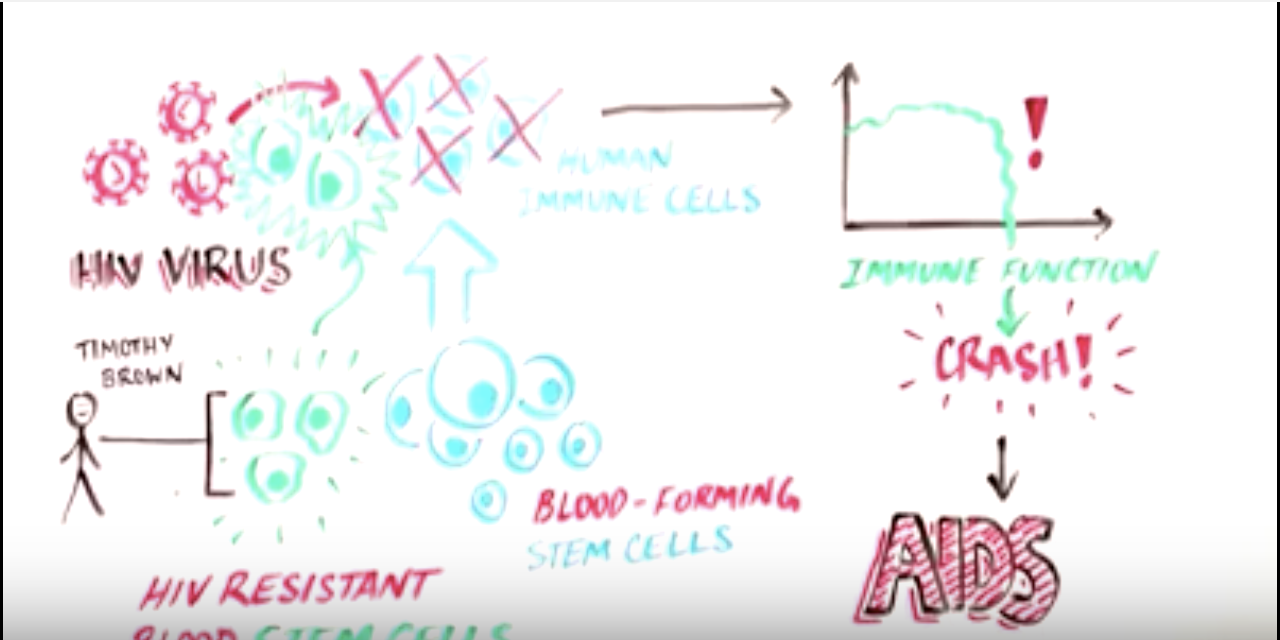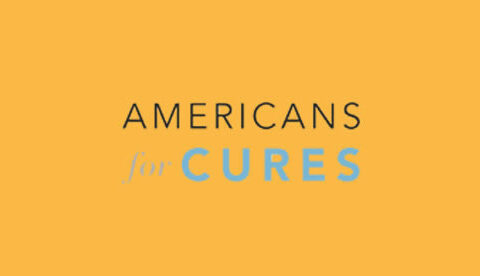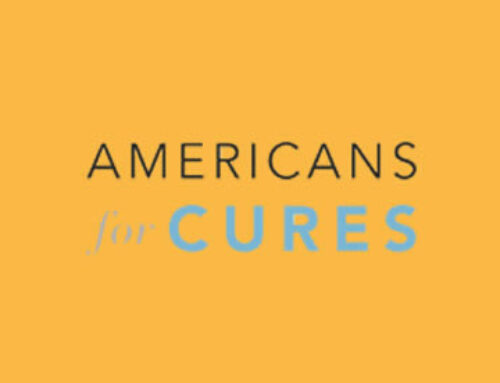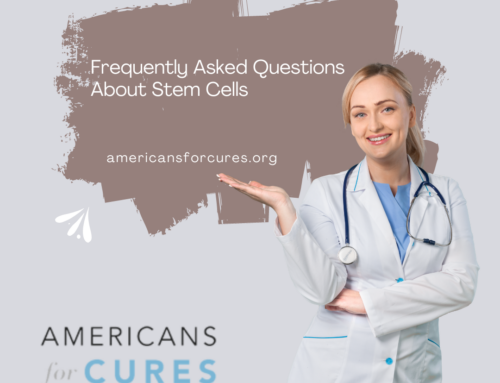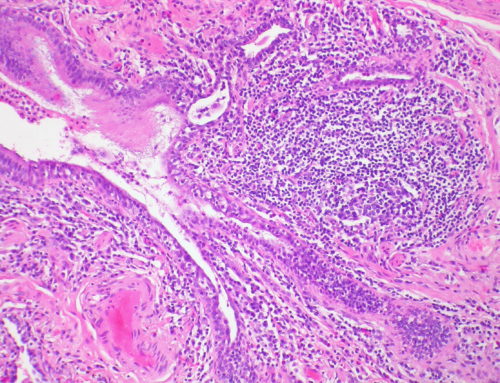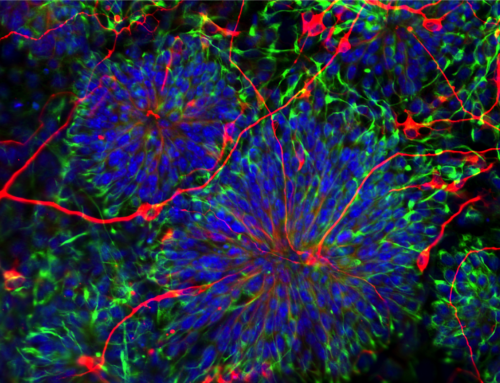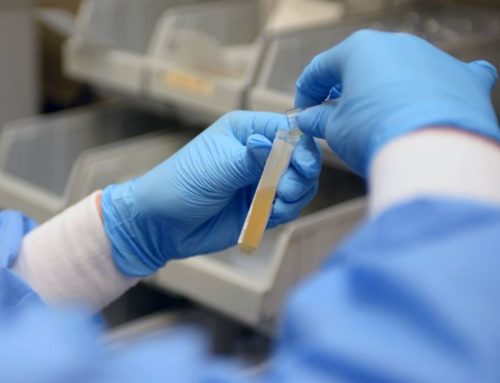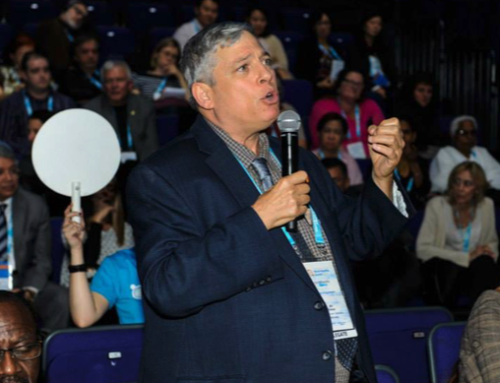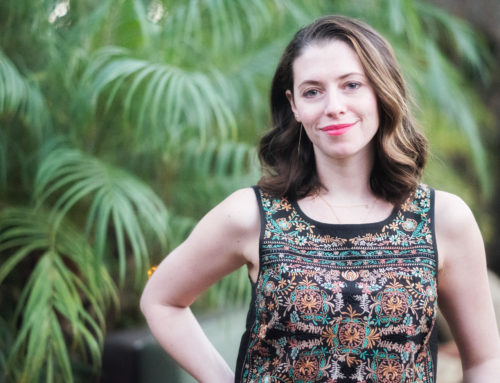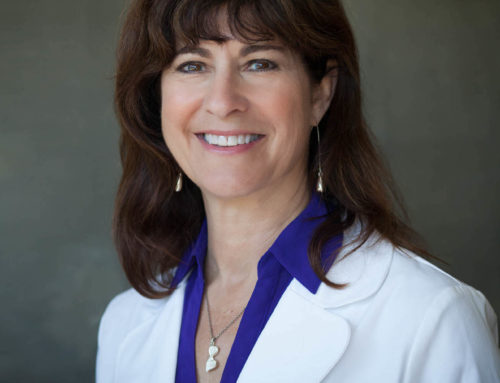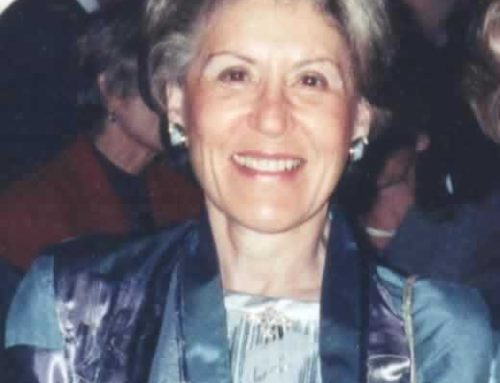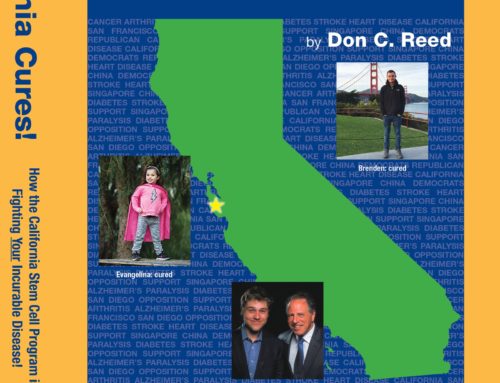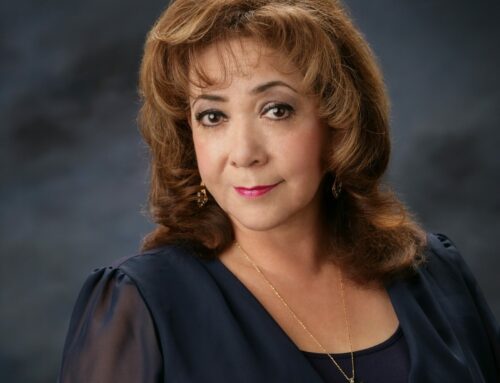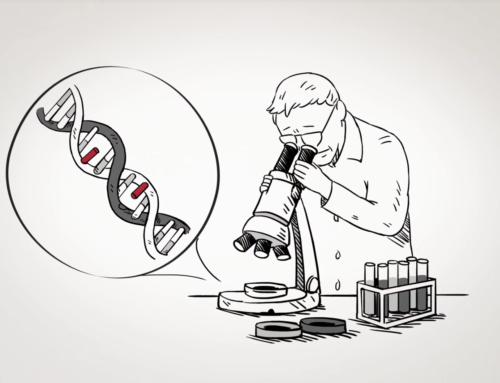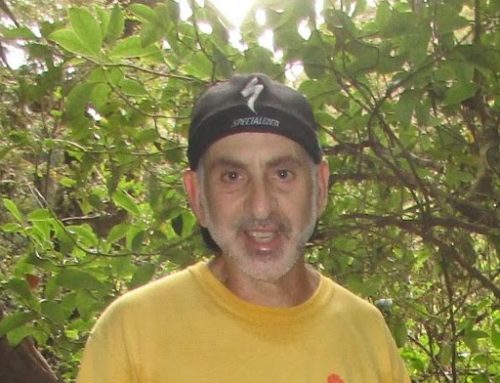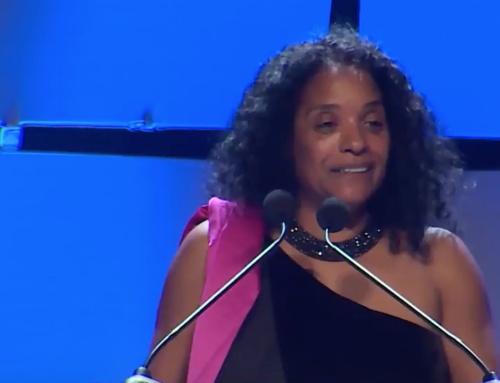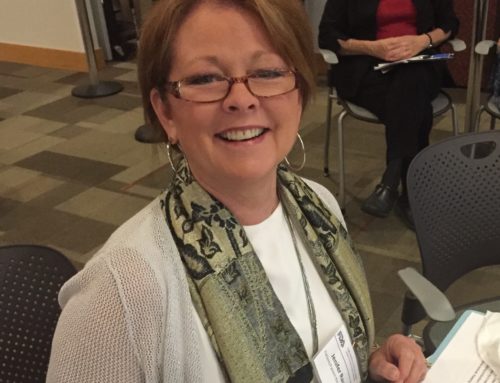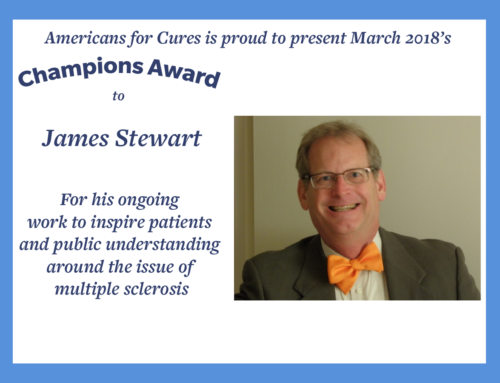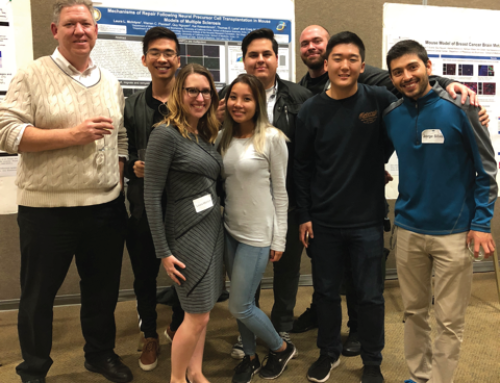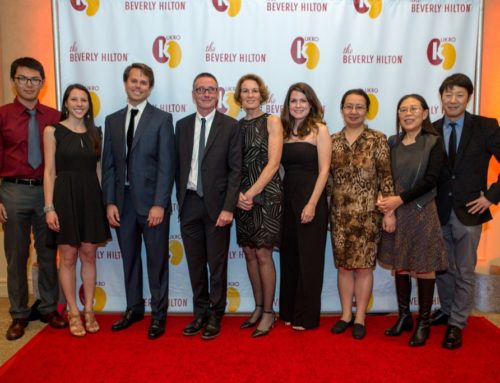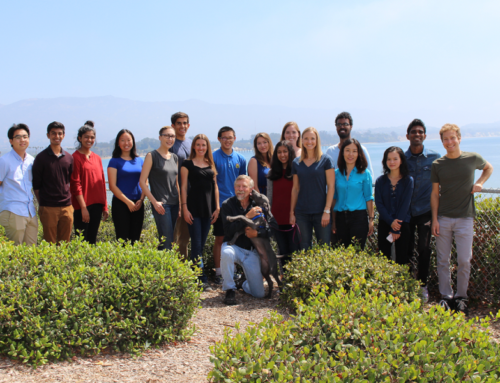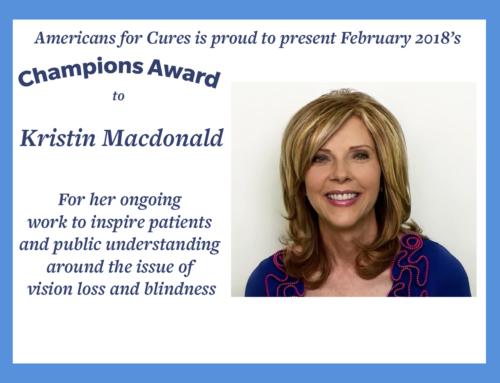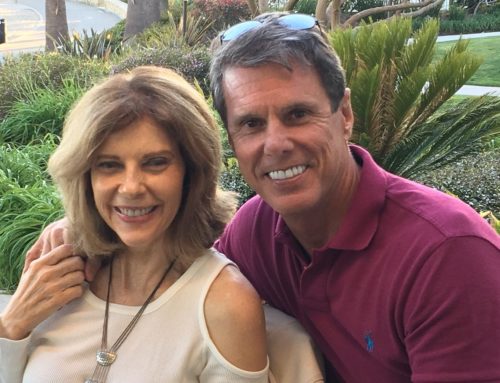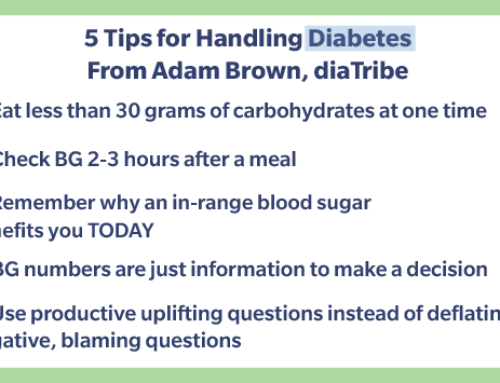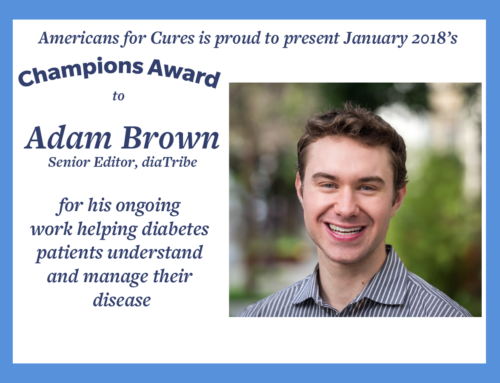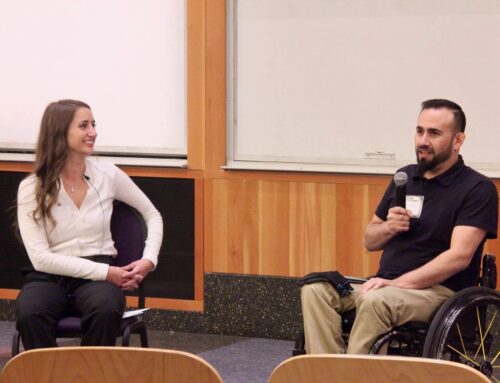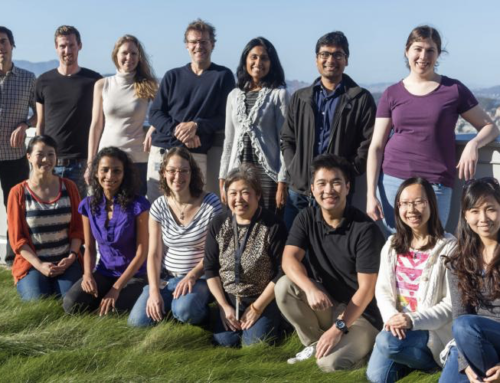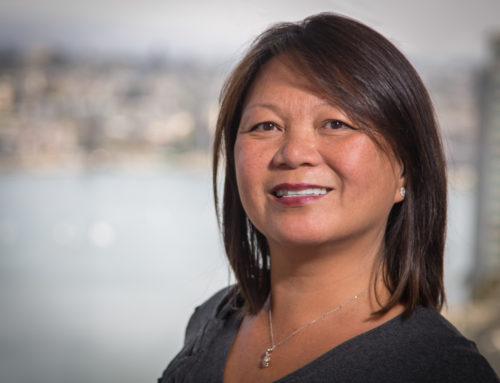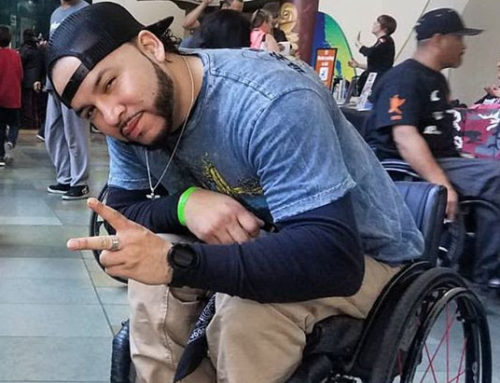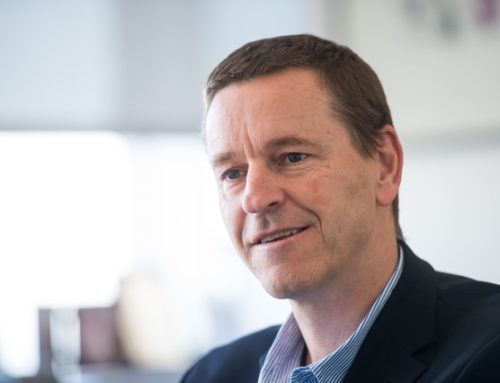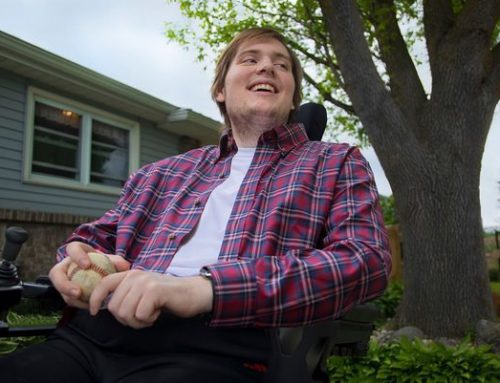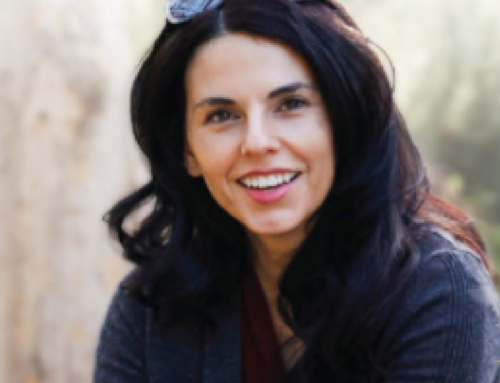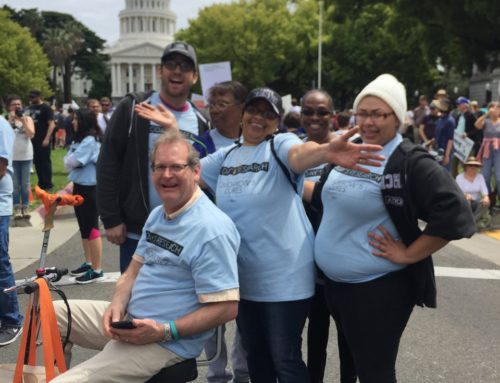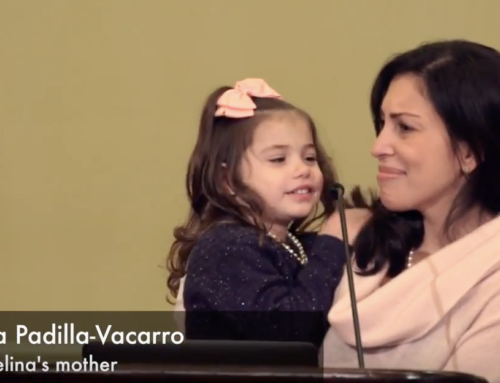A member of the California stem cell program’s board of directors, and San Francisco County Supervisor Jeff Sheehy is a tall, broad-shouldered man, with more than a passing resemblance to a young John Wayne.
He has a daughter, Michele, age eleven; her eyes just shine when she looks at her Dad.
So what is the problem?
Jeff Sheehy is HIV (Human Immunodeficiency Virus) positive.
Pills keep him alive. As long as he takes the double handful of medications Anti-retroviral therapy, ART) every day, his HIV is survivable; if he stops, the HIV advances to the deadly AIDS (acquired immunodeficiency syndrome) condition.
HIV can be lived with; AIDS cannot.
Jeff’s condition is managed, but not cured. People on long-term ART may face heart and lung disease, cancer, osteoporosis, and other maladies, including a shortened life span.
Only one person in the world has been cured of AIDS.
Timothy Ray Brown, a resident of Berlin, Germany, was suffering from both leukemia and HIV/AIDS. Like Jeff, he stayed alive by ART pills.
To save him from dying of leukemia, Brown received a bone marrow transplant—from a person immune to HIV. Some Europeans have a mutation that blocks HIV from entering their cells. This may be an immunity passed down from survivors of the Middle Ages Black Plague.
Tim Brown survived. But his experience would not work for everyone. A bone marrow transplant operation is not only painful and dangerous, but also depends on finding a suitable “match” for the donation.
The California stem cell program is working to find a better way.
One of the weapons challenging the disease is called a “zinc finger nuclease”. I asked USC researcher Dr. Paula Cannon to explain.
“A zinc finger nuclease is a sort of genetic scissors”, she said, “it can snip out bad stuff in the body’s DNA chain. The idea is to program ZFNs to snip out CCR5 (a weak link in the DNA—DR) so it won’t let the AIDS virus in again.”
Dr. Cannon credits City of Hope’s Dr. John Zaia as “leading the actual clinical trial of this therapy….
“The City of Hope team are the ones now treating the patients, using funding from a second follow-up grant they got from CIRM (for) the clinical trial… I like how CIRM funds both the initial basic research and then in addition the clinical trials, supporting the therapy development all the way along.”
How important was the California stem cell program to her as a scientist?
“The CIRM grant made it possible for me to fight against AIDS within a stem cell structure; without CIRM, this would not have happened.”
The fight goes on.
As Jeff Sheehy puts it, “The more the research goes forward, the more chance there is that when Michelle graduates from college, or when she gets married—then I’ll be there.”
And I hope I’ll be invited to the wedding, when Jeff Sheehy walks his daughter down the aisle.
This post originally appeared on HuffPost.
Don C. Reed is Vice President of Public Policy for Americans for Cures, and he is the author of the forthcoming book, CALIFORNIA CURES: How California is Challenging Chronic Disease: How We Are Beginning to Win—and Why We Must Do It Again! You can learn more here.



